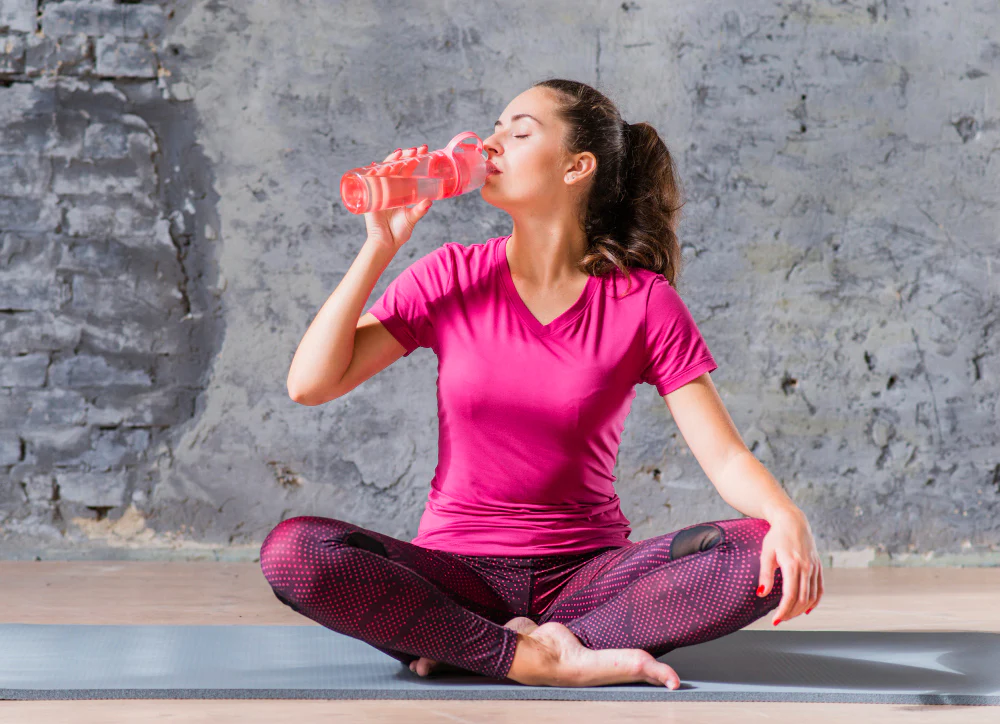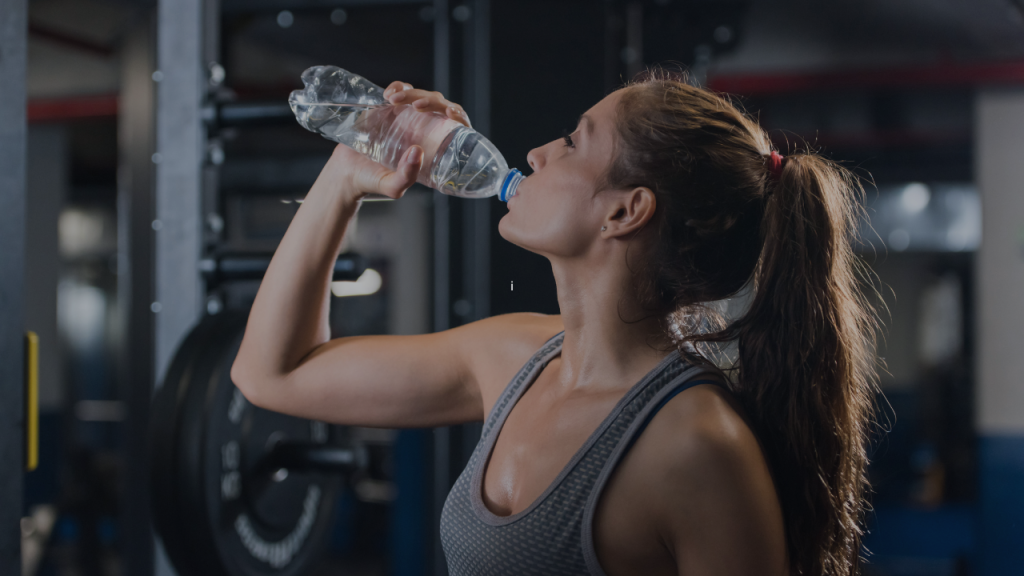Hydration is often overlooked in the fitness world, yet it plays a crucial role in achieving optimal performance and overall well-being. Water is not just a simple thirst quencher; it is essential for virtually every bodily function, from regulating body temperature to transporting nutrients, and even influencing energy levels and mental focus. For anyone pursuing fitness goals, whether it’s weight loss, strength training, or endurance sports, proper hydration should be a top priority.
The Role of Water in the Body

Water constitutes about 60% of the human body and is a vital component in various physiological processes. It helps maintain the balance of bodily fluids, which are critical for digestion, circulation, and temperature regulation. When exercising, the body loses water through sweat and respiration. Even a small deficit in hydration can impair physical performance, increase the risk of injury, and reduce overall energy levels.
During exercise, muscles generate heat. Sweating helps cool the body, but excessive fluid loss can lead to dehydration. When dehydrated, the body struggles to regulate temperature, leading to increased fatigue, dizziness, and even heat-related illnesses. Staying properly hydrated ensures that the body can maintain its core functions and perform efficiently during workouts.
Hydration and Physical Performance
One of the most immediate effects of dehydration is a decrease in physical performance. Studies have shown that losing as little as 2% of your body weight through sweat can significantly reduce strength, endurance, and high-intensity performance. For athletes, this can mean slower reaction times, reduced coordination, and impaired concentration.
Hydration also influences muscle function. Muscles are composed of approximately 75% water, and a lack of fluid can lead to cramps, stiffness, and decreased strength. Proper hydration helps maintain muscle elasticity, joint lubrication, and overall mobility. It also supports the transportation of electrolytes, such as sodium and potassium, which are vital for nerve function and muscle contractions.
Hydration and Recovery

Fitness is not just about the workout itself but also about recovery. Hydration plays a critical role in helping the body recover after exercise. Water aids in the removal of metabolic waste products like lactic acid, which can build up during intense physical activity and contribute to muscle soreness. Additionally, hydration supports the repair and growth of muscle tissues by ensuring nutrients are efficiently delivered to cells.
For those who engage in strength training, proper hydration helps maximize the benefits of protein consumption. Water assists in transporting amino acids to muscles, enhancing recovery and promoting muscle growth. Without adequate hydration, these processes are slowed, leading to longer recovery times and less effective workouts.
Mental Focus and Hydration
Fitness is not only a physical challenge but also a mental one. Dehydration can impair cognitive function, reduce focus, and increase perceived effort during exercise. Athletes and fitness enthusiasts may notice slower reaction times, poor decision-making, and decreased motivation when dehydrated. By staying hydrated, individuals can maintain better concentration, mental clarity, and overall performance during training sessions.
Hydration Tips for Fitness Enthusiasts

To maximize the benefits of hydration, it is important to adopt effective strategies:
- Drink Regularly: Don’t wait until you feel thirsty. Drinking small amounts consistently throughout the day helps maintain fluid balance.
- Pre-Exercise Hydration: Consume water 1-2 hours before workouts to ensure your body starts well-hydrated.
- During Exercise: For sessions longer than an hour, consider electrolyte-rich beverages to replenish sodium, potassium, and magnesium lost through sweat.
- Post-Exercise Rehydration: Drink water immediately after workouts, and include electrolytes if you’ve had a particularly intense or prolonged session.
- Monitor Urine Color: Light yellow urine generally indicates adequate hydration, while dark yellow or amber suggests dehydration.
Conclusion
In the pursuit of fitness goals, hydration is often underestimated, yet its impact is undeniable. Proper hydration supports physical performance, enhances recovery, prevents injury, and maintains mental clarity. Fitness enthusiasts who neglect their water intake may experience reduced energy, increased fatigue, and slower progress toward their goals. By understanding the importance of hydration and incorporating effective strategies into daily routines, individuals can optimize their workouts, improve overall health, and achieve better long-term results. Remember, water is not just a drink; it is a fundamental tool for fitness and well-being.

